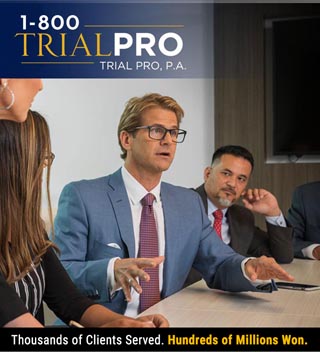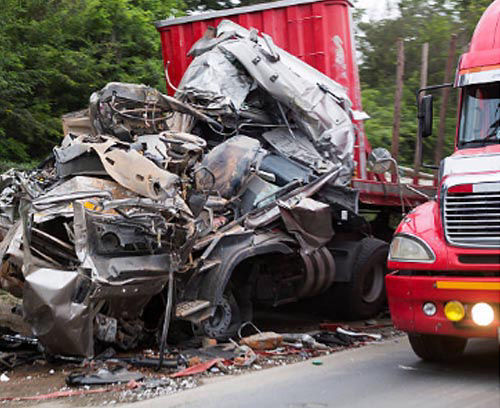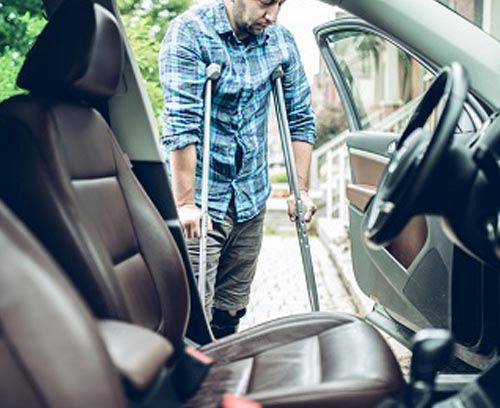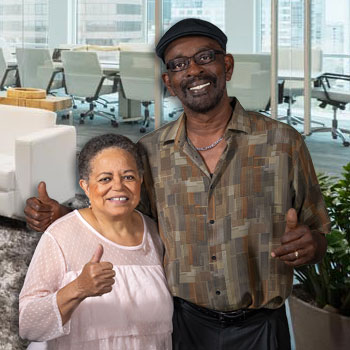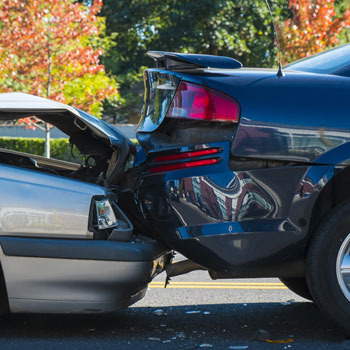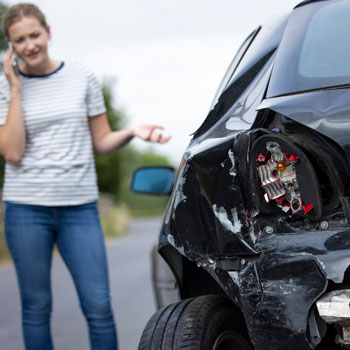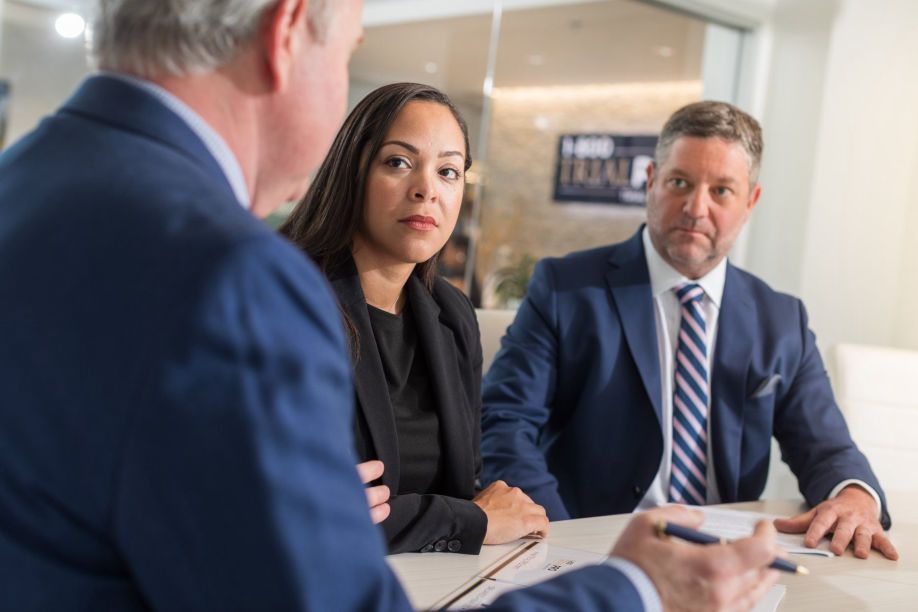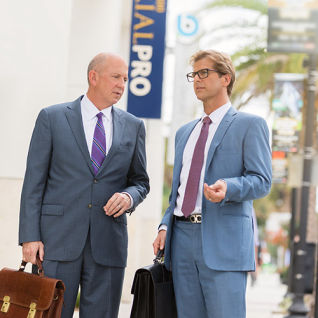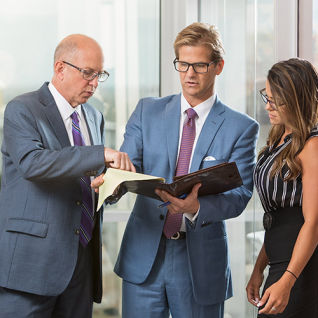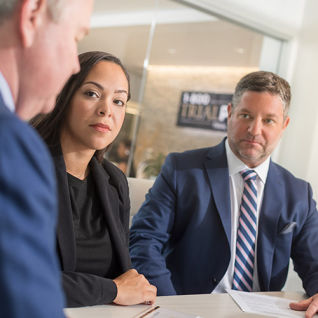Frequently Asked Questions - What Does Evidence Mean in the Law?
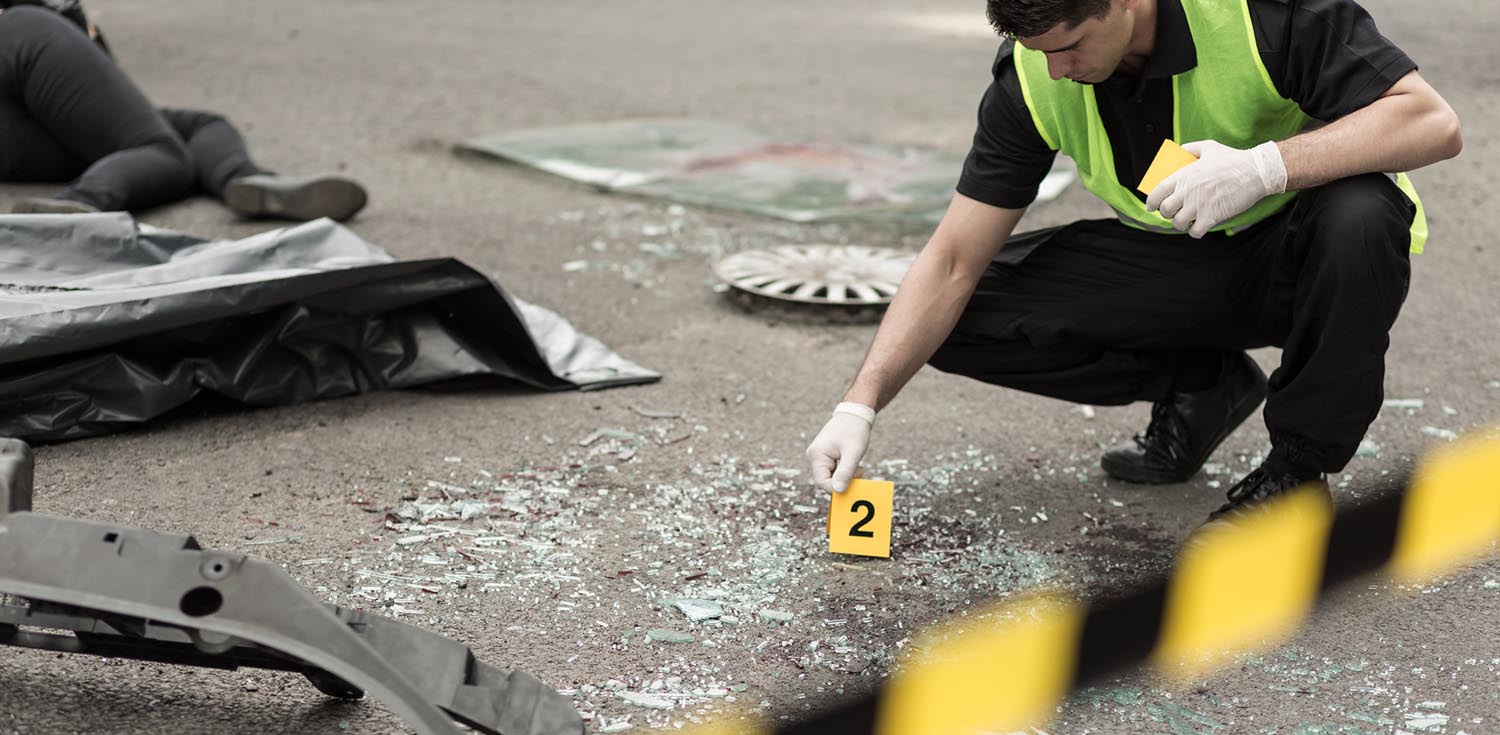
Evidence in the law is what a party in a legal proceeding offers to try to prove or disprove an issue in a case. There is a very complex set of rules, referred to as “Rules of Evidence” that relate to how and when a party can introduce the facts that they are trying to prove. If you’ve witnessed a trial, either in real life or a fictional portrayal, then you are probably familiar with what the lawyers do at the beginning and end of a case. These monologues by the lawyer are known as “opening statements” and “closing arguments”. In the opening statement, the lawyer will tell you what they believe the evidence will be. In the closing argument, the lawyers are trying to persuade you as to what was proven or not proven. Both parts of the case, opening statement and closing argument, are extremely important. Cases can rise and fall on the strength or weakness of either. But the one thing these parts of the case are not and that is evidence. A plaintiff or state attorney can make brilliant openings or closings, but without evidence winning a case is impossible. Types of cases vary tremendously, civil and criminal, state and federal. There are literally thousands of different types of cases in the United States justice system, but one thing is common to all cases - without evidence, the party bringing the case can’t win.
The rules of evidence used to be a creature of common law. This means that the laws relating to evidence were developed by the court system through trials. Sometime in the twentieth century the federal government and various state governments codified rules of evidence. Any lawyer or judge who is involved in litigation should know these rules inside and out.
One of the defining principles of evidence in the law is that something should be relevant to be admitted into evidence. This is because many of the facts or details we observe about a situation are not legally relevant. If you’ve ever consulted a lawyer about a particular legal matter, you’ve probably noticed that he or she is particularly interested in certain facts and could seem to care less about others. A detail that you may think is important may be something the lawyer glosses over or doesn’t ask you about at all. This is not the lawyer being an uncaring jerk. That may or may not be the case, but a well-trained and experienced lawyer is going to want to focus on the facts that the judge or jury are going to consider in deciding your case. Irrelevant details are not important, because your case is ultimately about what relevant material can be proved or disproved.
Evidence that can help prove part of a case is said to be “material” or “probate experience”. This means the fact that you are offering helps to prove part of the case. If you are involved in a motor vehicle accident, weather conditions at the scene are going to be important to what you are trying to prove. It is expected that people will drive more cautiously in hazardous conditions and the failure to do this goes to evidence of negligence. Conversely, the weather conditions of the place you started your trip three hours ago are really not material to the accident. It just doesn’t matter. If you’re charged with DUI, you aren’t going to be able to defend against that case by showing that you go to church three times a week. The law considers that fact immaterial. You would however be able to present evidence that you were at church ten minutes before being arrested, interacting with many people, all of those people thought that you didn’t slur your words, didn’t stumble and didn’t display any signs of being impaired. Which brings us to one very important form of evidence - the witness.
Every case is going to have witnesses. These are people who have made some sort of observation relevant to the facts of the case. There are different types of witnesses, but they all have a few things in common in the legal system. All witnesses have to have some knowledge of what they’re testifying about, have to be able to differentiate fantasy from reality, and have to swear to tell the truth. If you can’t do these things, the judge isn’t going to let you testify. Psychotic people and toddlers are not going to be allowed to be witnesses in cases because they lack the ability to accurately perceive what is happening around them and communicate it effectively.
There are essentially two different types of witnesses - lay witnesses and expert witnesses. A lay witness is somebody who is testifying about a fact that doesn’t require any special training or experience to understand and inform opinions about. Any competent lay witness will be able to testify about things of common understanding that they observed with their senses. For example, if you see a large ball of flames accompanied by a loud noise, you are going to be able to testify that you saw and heard an explosion. On the other hand, you may not be allowed to testify as to what caused the explosion without some specialized training or scientific research.
Expert witnesses must have some sort of special training, expertise or understanding to be qualified to express opinions or offer facts about something. For example, a lay witness may be able to testify that they saw an x-ray. But if you want to be able to say that the x-ray shows that there was a broken femur that was caused by an accident, you’ll have to prove that you have sufficient training (i.e. a medical degree) that allows you to reliably make that determination. Experts come in all different fields also. Litigation will often involve various types of medical experts, accident reconstruction experts, vocational experts, economists, life care planners, engineers, etc. It’s a complicated world we live in, so proving facts will often require employing people with very specific skill sets and areas of expertise.
Certain types of evidence are considered so unreliable or untestable that they are excluded from coming into evidence. One type of such unreliable evidence is called “hearsay”. Hearsay is defined as “a statement, made out of court, offered in court to prove the truth of the matter asserted.” Unless there is a specific exception that allows it you can’t go into court saying that you know a certain material fact to be true because somebody else told you it was true.
Another common requirement of evidence in a legal proceeding is proof that the evidence offered is authentic. You won’t be able to get medical records into evidence without either having testimony from the doctor whose records they are or at the very least, a records custodian. A records custodian is somebody who can testify that what is being offered is an accurate copy of records that person has a legal duty to maintain in the course of their employment.
Another requirement for evidence in a legal proceeding is establishing what is called a chain of custody. If a blood sample is relevant to a particular proceeding, for example, a paternity case, you can’t say without “laying a foundation” that the blood you tested is a reliable specimen from the defendant. To establish a reliable chain of custody you are going to need evidence from the person who drew the blood, the person who transported the blood to the lab, and the lab technician who tested the blood. If you can’t establish that the blood was drawn from the defendant, kept in a way that preserved its integrity before it was tested, and tested by somebody with the training and expertise to have reliable opinions about the result of that test, then you have failed to establish chain of custody and that test result will not come into evidence.
There are also certain facts that don’t come into evidence at trials, because their use at trial is protected by a privilege or exclusion. One of the best known exclusions of evidence is the attorney/client privilege. This privilege will keep out of evidence communications between a lawyer and a client. There are limitations on this privilege, and if you have a question about whether something can be kept out of evidence you should check with a lawyer. Other privileges that keep certain communications from coming into evidence are communications between spouses, psychotherapist/patient privilege and journalistic privileges from revealing sources.
In summary, evidence in the legal setting is a very complex subject. Without evidence, there would be no case. Some evidence is relatively easy to establish and some is extremely complicated requiring experts who can establish chain of custody and reliance upon scientific principles. Evidence must be relevant, material, reliable, and not subject to rules of exclusion or privilege that keep it from being considered by the judge or jury. Because the proper introduction of evidence is so crucial to presenting a case, you have to have an attorney who understands evidence inside and out. If you have questions about your case and the evidence you will need to prove your case, please contact a lawyer at Trial Pro, P.A. for advice.
